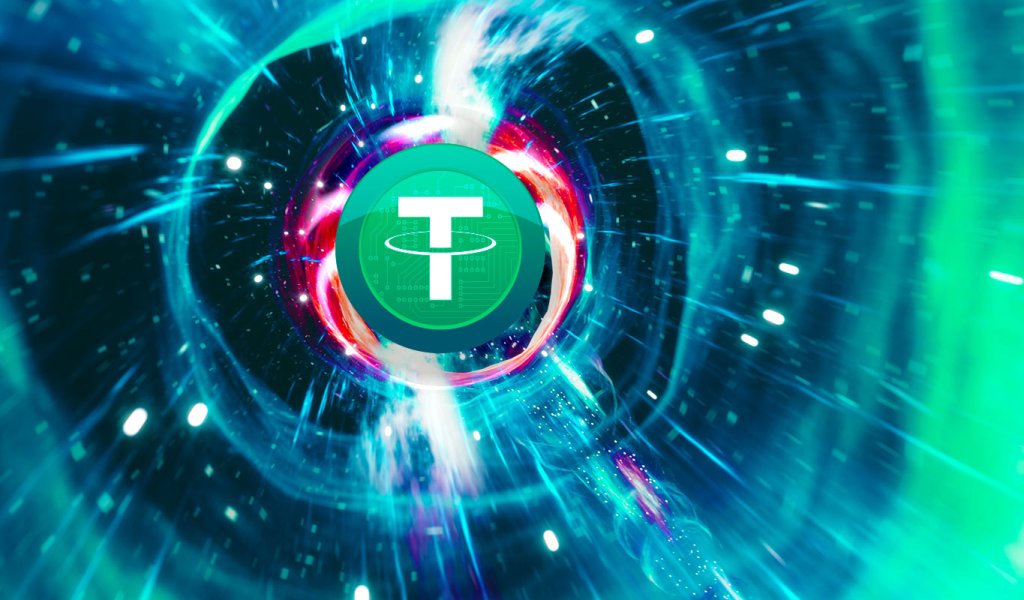
Fractal ID gave notice that an attacker had gained access to an operator’s account, leading to the leak of a small percentage of users’ personal data.
Blockchain identity platform Fractal ID suffered a data breach on July 14, according to a notice published on Fractal’s website on July 17. Partners of the platform include the payment system Gnosis Pay, decentralized finance app Acala, the proof of personhood project Polygon ID, the social media platform Lukso, and other Web3 applications.
In its statement, Fractal did not identify which partners were affected by the breach, if any. Some users on X reported receiving emails from the Gnosis Pay team alerting of the breach and warning them to “be cautious of unsolicited communications.”
Fractal stated that the breach only affected “approximately 0.5% of the Fractal ID user base.”






